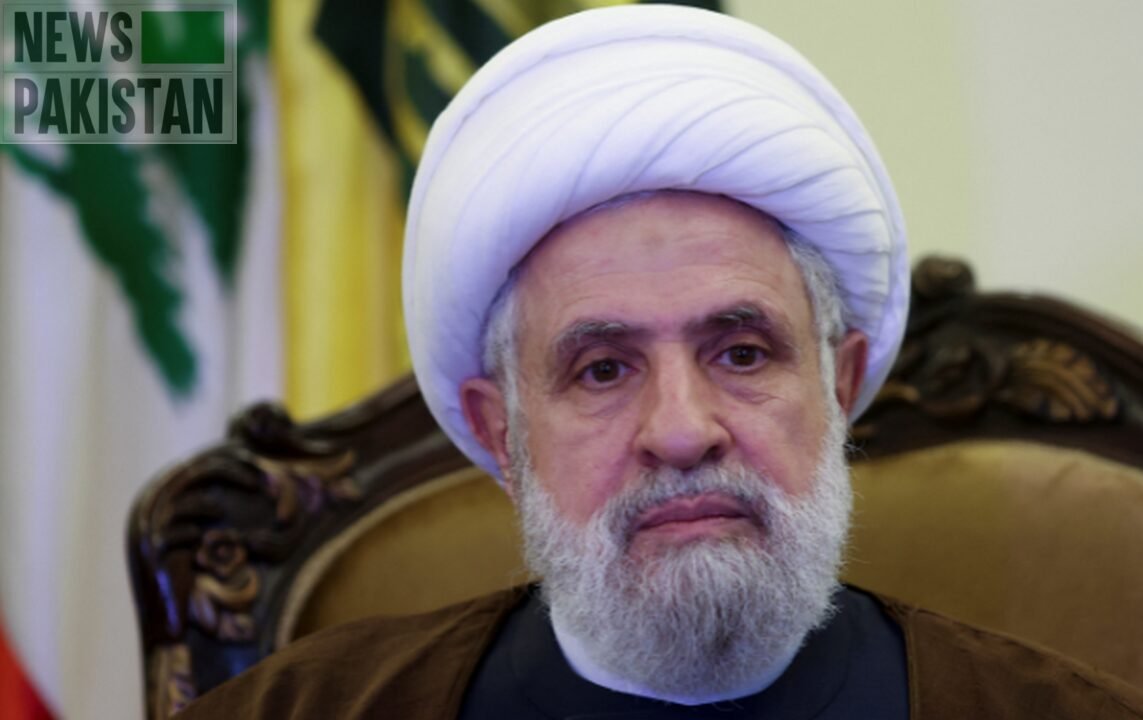ISLAMABAD: Many mental health experts consider that punishment for individuals committing unsuccessful suicide attempt is hindering in access to mental health care for those with mental illness.
They advocate that people attempting suicide must be provided with treatment rather than punishment.
However, contrary to it many Islamic scholars and legal experts in Pakistan believe that punishment on suicide is required to discourage such act in Pakistan, as it is considered “Haram” in Islamic Shariah.
In this regard, Riphah Institute of Public Policy, Riphah International University conducted a policy dialogue and gathered different stakeholders including mental health professionals, legal experts, and Islamic scholars to provide their expert opinions on this matter.
Dr. Anis Ahmad (Vice Chancellor Riphah International University) chaired the policy dialogue and emphasized that while talking about the law we must consider the cultural context.
He stated that anything either related to law or mental health have underlying philosophical positions that may vary however, we need to pick explanations which concurs with the ideology of Islamic Republic of Pakistan.
He further stated that Islam is a religion for whole humanity rather than Muslims only, therefore, it is based on the principles which are beneficial for the humankind living throughout the world.
Dr Rashid Aftab (Director Riphah), Dr. Fahad Khan, (United States of America) Dr. Iffat Rohail, (Professor of Psychology at Foundation University, Rawalpindi), Prof. Zainab Zadeh, (Professor of Psychology, Pakistan Institute of Living and Learning), Dr. Col (Retd) Rasheed, (Assist Professor at SZABIST University), Prof Mushtaq Ahmed, (Scholar, Academician), Prof. Aziz ur Rehman, (Assist Professor of Shariah Law at International Islamic University), Mufti Abdul Karim Usman, (Islamic Scholar), Dr Musab Yousufi (Assistant Professor), Mr. Mujeeb Masud, (PhD scholar at University of York), Dr. Sabahat Haqqani, (Head of Department of Psychology, CUST, Islamabad), Dr. Maimoona Ismail, (Assistant Professor International Islamic University) and other scholars joins the discussion.
It was acknowledged by the participants that, this was the first initiative where people from different backgrounds were brought together to discus on this issue. It is apparently clear that it seems to be contested issue and requires a further consultation rather than a straightforward conclusion.
For mental health professionals, it is a reasonable idea to narrate the problems (such as inaccessibility of treatment) in front of stakeholders and let stakeholders to come up with the solution rather than prescribing an amendment in law.
Newspakistan.tv | YouTube Channel











